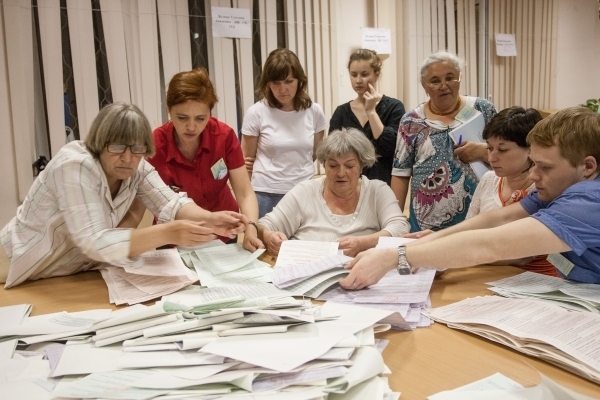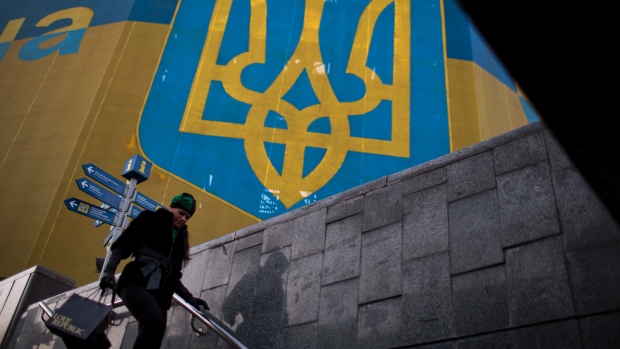And how party loyalty of the district committees influences their impartiality
A middle-aged woman with a university diploma, experience in working at the elections, dissatisfied with her salary – this is the general image of the person who will ensure the citizen’s expression of will at the elections to the Parliament on October 26, and will then count their votes.
Such are the data of a study done by a monitoring analytical group Tsifra
together with the Kyiv International Sociology Institute in October of this year. The goal of the study is to determine the personal characteristics of the heads and members of district electoral committees and their political sympathies. The interest is quite reasonable: the accuracy of the vote count largely depends on these people. According to Nazar Boyko, head of the monitoring analytical group Tsifra, a ‘friendly’ head of the DEC may add a certain bonus to the result, for example, to determine the ballots cast for their candidate as valid, and the ones cast for their opponents as invalid.
The survey questions 414 respondents from all of Ukraine’s oblasts which represent almost all electoral districts. One-third of those surveyed are the heads of district electoral committees, 37% are deputy heads and 31% are DEC secretaries.
Over 91% of the respondents are not working at the elections for the first time and have appropriate experience. In terms of professional characteristics, the committees include the most professionals – 35%, pensioners – 22% and business owners – 95. Besides DEC members themselves, the committee also involves another 9-10 people. The most difficult thing was to involve accountants, IT workers and legal experts.
The respondents do not complain about their working conditions: the material-technical provisions of the polls (the state of work spaces, communication means, necessary equipment, safety boxes) is seen by the absolute majority as acceptable (71-86%). The salary is a wholly different matter. 52% consider the state-mandated salary for their work unsatisfactory. “The state does not evaluate their work appropriately. Possibly because for some of the chairmen, their deputies and DEC secretaries, material compensation they receive from political parties is important,” says Nazar Boyko.
33% of the respondents think that their committees include representatives from technical parties. The identification of the latter in the responses given by DEC members almost complete coincide with the result of the monitoring Forbes published earlier.
The members of the committee are most afraid of external influences on the process (29% of the respondents), badly-composed voters’ lists (28% of the respondents) and long lines (19%).
“The reason for these fears is confirmed by what is happening today on the level of local electoral committees. The process of mass replacement of committee members with political parties and candidates, especially the leadership, creates additional tensions at work,” says Boyko.
Only 7% of the DEC members think that their status is sufficient enough to protect them from external influences and to guarantee impartiality. However, only 10% of the respondents have faced real attempts at administrative intervention into their work.





